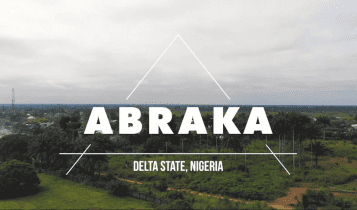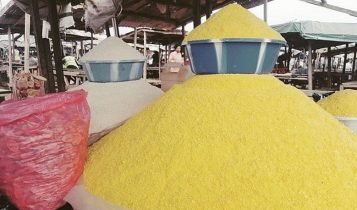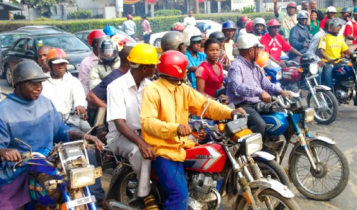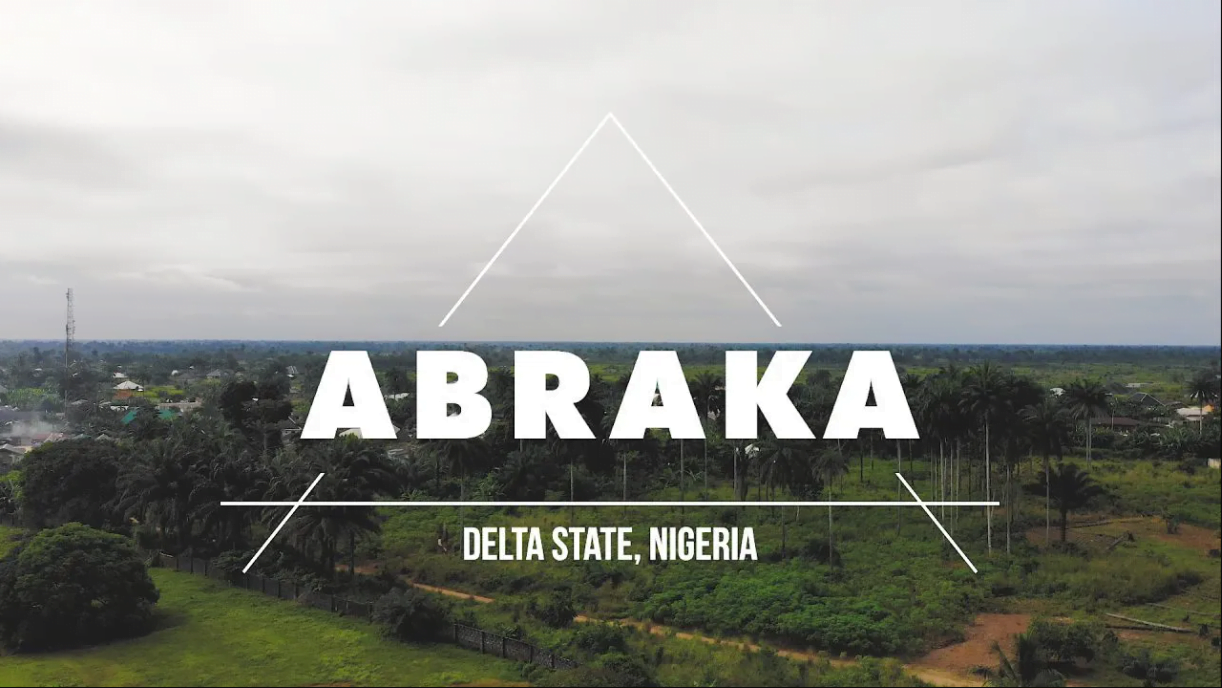Abraka, in the Ethiope-East Local Government Area of Delta State, has become a battleground for survival as the expense of living continues to rise day after day.
It is quickly becoming uncomfortable and financially taxing for the residents of the Abraka settlement, which is home to Delta State University (DELSU).
However, despite the fact that a significant portion of the community’s population is comprised of university students, the current economic climate appears to be affecting everyone on a different level.
As a result of their diverse backgrounds and variable living standards, students from all over the country are likely to be the most adversely affected by the situation.
High Cost of Hostel and Accommodation
 A community as small as Abraka, which does not have the same commercialization as other popular towns like Sapele, Warri, Asaba, and Agbor, will have its residents breathing through their noses is very horrible in and of itself.
A community as small as Abraka, which does not have the same commercialization as other popular towns like Sapele, Warri, Asaba, and Agbor, will have its residents breathing through their noses is very horrible in and of itself.
When compared to other locations, the price of things in Abraka is twice as expensive as it is in other locations.
An uncritical assumption would lead us to believe that this is due to the presence of the university or because the Nigerian economy is experiencing overall inflation at the time.
The situation was different a couple of years ago, and it is symptomatic of the fact that there are more underlying explanations behind the recent price increase in Abraka than appear to be the case at first glance.
One of the primary reasons for this is, without a doubt, the large number of students that are admitted to the university on a yearly basis.
Every year, DELSU’s enormous number of aspirants and prospective students increases the number of people staying in Abraka, creating yet another conundrum for the community’s residents: where to find adequate accommodations.
Statistics show that the number of students admitted increased by more than 50% between 2019 and 2021, according to available data.
As the number of immigrants grows, and there are fewer or no residences available to house them, the costs of available apartments rise.
According to some inhabitants, the cost of renting an apartment in Abraka is comparable to the cost of renting an apartment in Ikeja or Lekki in Lagos State.
There are several areas, such as Lucas Road and River Road, that have been without electricity for months and are still without power.
As a result, rents have increased by a little amount in these areas.
These individuals keep track of the prices of hostels and houses in their neighborhood and raise their own without taking into consideration the fact that students and residents in these areas must purchase fuel to charge their gadgets and operate other household equipment on a daily basis, necessitating them to spend money on alternative sources of energy.
It goes without saying that there are more people pursuing a restricted number of goods and services. Furthermore, according to a well-known economic principle,
“when demand exceeds supply, prices automatically rise.”
High Cost of Food

Another significant issue in the neighborhood is the high cost of food items.
Even while the costs of staple foods are rising across the country, they are nothing compared to the unrelenting rise in prices in Abraka.
Abraka is one of the few places in Delta that may be compared to it. Although the lack of local industries in the neighborhood can be attributed to the price increase, this is not a sufficient explanation for the disproportionate increase in costs.
Food items such as plantains and garri, which are grown in the community, are also sold at a premium.
With the justification that they need more money to purchase goods and services from other sellers, sellers have raised their prices on the basis of greater demand.
High Price of Transportation
 Another problem to consider is the issue of transportation.
Another problem to consider is the issue of transportation.
It is expected that the majority of the people will have money to spend because the majority of the transporters in the town consider the majority of the citizens to be “yahoo guys” and “yahoo boys girlfriends.”
There has never been a set fee for a drop in Abraka, but carriers, particularly bike men, have set a fixed N150 for any drop, no matter how long or short the journey is.
Every day, the number of bikes on the streets of Abraka grows, as this is the primary mode of transportation in the village.
Previously, the cost of a vehicle from Abraka to Ozoro was N400, but it has since increased to N800, citing the need to adhere to 2020 COVID-19 regulations as well as an increase in the price of fuel.
Despite the fact that the same number of passengers is transported, the price stays set.
When compared to Abraka, the neighboring community of Obiaruku is significantly more accommodating.
The current fare from Obiaruku to Kwale is N600, and the distance between the two towns is longer than the distance between Abraka and Ozoro.
Parents must face a significant financial burden in order to meet their financial obligations to their children’s demands, which is one of the consequences of the high cost of living in Abraka.
In fact, this rise had a negative impact on the university’s tuition fees for the most recent session. Cyber crime and hookups have also become the norm of the day and the preferred option for many young people in Abraka and the surrounding areas.
However, because of the high cost of living in the city, the odds of landing a well-paying job are small.
The most prevalent job options in the town are those of a sales girl or boy, which will only earn you N10,000-N15,000 at the most, which is insufficient to cover the costs of existence.
The bare necessities are not inexpensive to obtain. This is due to the fact that the cost of meals at restaurants is derived from the cost of food goods available on the market, and so is not budget-friendly.
If the leaders can come together and talk to the landlords, transporters, and marketers about being a little more considerate and compromising, they may be able to prevent the standard of living from rising even further.
The majority of residents are not comfortable with the standard of living that has been raised.
See what others are Reading:




